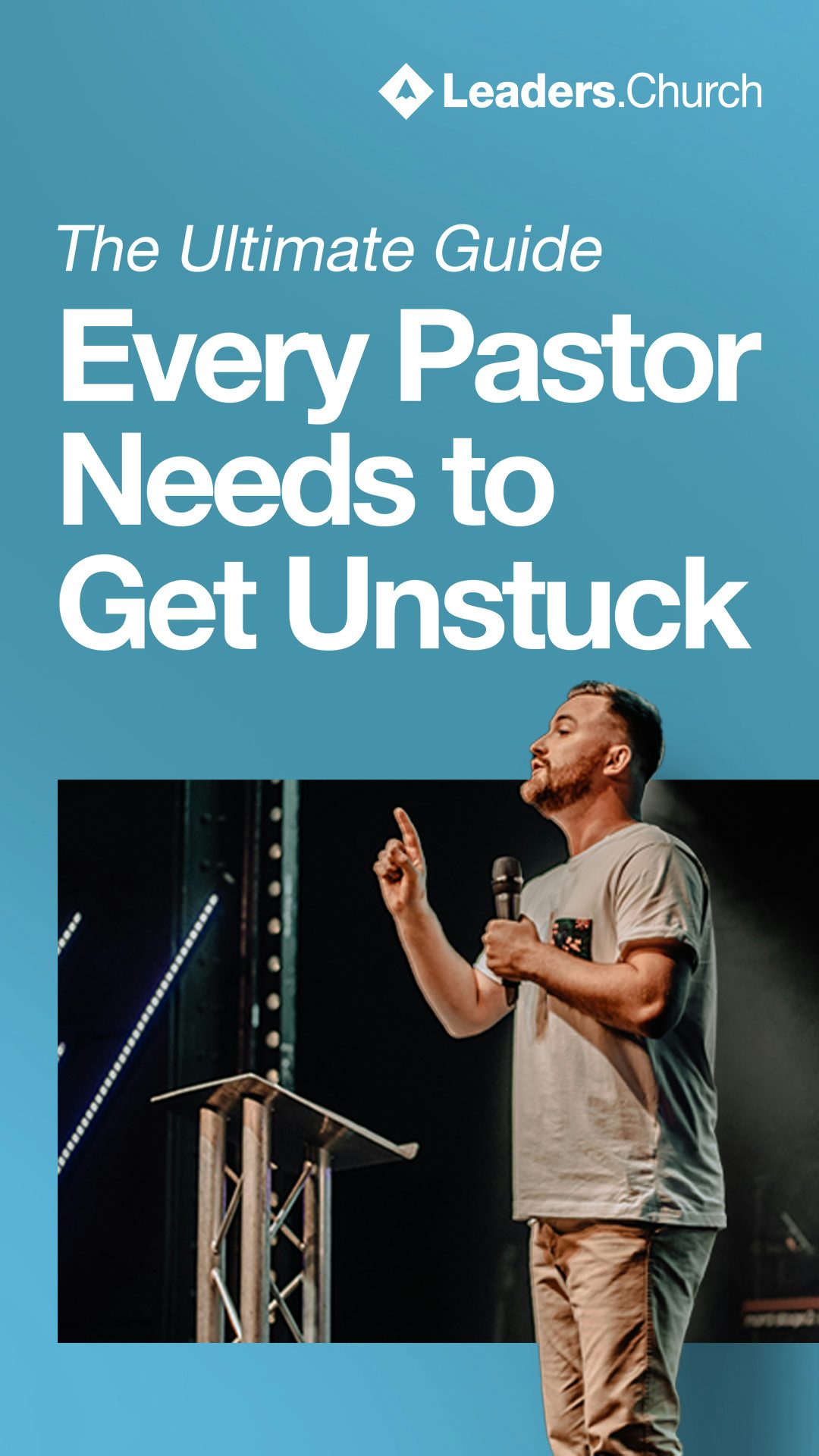
How to Create Systems To Do The Thinking For You
There are some reading this blog today that live for systems. They eat, sleep and breath the whole world of order, a place for everything and everything in its place, and do “a” first, “b” second and “c” third … then you’ll get results.
I’m suggesting you put in place systems to do the thinking for you.
Here is the question. Why would you “want” a system to do the thinking for you? After all, you are a really smart person. Does having a system imply you are forfeiting involvement in key elements of the church? Does it mean what you do is so routine, a system, a non-person can do it?
First of all, any system you have in place will only work as well as the creator of the system. Build a sloppy system and you’ll get sloppy results.
Let’s be honest. There are bunch of things you do around the church that are so routine. I mean, really. Do you really have to enter data every week? Do you really have to collect the attendance every week? If your answer is, “Yes, because nobody else does it,” then you need to create a system to do the thinking for you.
What about those routine tasks you know take so much of your time but could easily be done by someone else if you would simply build a system for that to happen?
(NOTE: Want to know the proper roles and responsibilities for Church Boards? Click here)

One of the areas where pastors and church leaders struggle is building systems that facilitate guests coming back week-in and week-out. And I get it. It’s hard work … takes a whole lot of thought and planning to come up with the plan and then to work it.
When you come to grips with the reality of needing systems to automate even the assimilation of guests (and yes, that can happen) you will be on your way to streamlining your own work and being more effective, in this case, in assimilating guests.
First, let me note that you always need to give attention to first-things-first. The first thing in the assimilating of guests and doing follow-up with them is to do church really, really well.
If you, put the best system in place for following-up with guests but have a crummy experience for them when they visited, nobody’s coming back. So you have to always work on being the very best you can be in the weekend. That is everything!
So back to creating the systems to do the thinking for you, how does this happen. Let me suggest the following.
1. Know your strengths and weaknesses.
Are you strong in systems or a bit scattered? In the former, building a system is second nature to you. In the latter, you will need to work doubly hard to put something in place that can and will work.
2. Start small.
If you are going to create systems that do the thinking for you, do not start off by biting off more than you can chew. Pick something that needs to be done on a regular basis in this case to follow-up on guests and then go to work on that.
3. Write it down.
Big ideas and plans that are not written down are like dreams in the night. Here today, gone tomorrow. Some like to chart things out. Some like narrative. Whatever is your preference, start writing.
4. Get one system in place before tackling another.
Now this doesn’t have to be an absolute, but I encourage to not put something together that is only in partial working order and then jumping to another system-development.
5. Steal other churches ideas.
Well, I really don’t recommend “steal” but I do recommend talking to other churches that are a step or two ahead of you and asking about their systems. The great thing about the church space is there are very few things out there, particularly in systems, that are proprietary. Pastors find it honoring to think you view their “stuff” as so valuable that you’d like to pattern the development of your “stuff” after theirs.
(NOTE: Want to know the proper roles and responsibilities for Church Boards? Click here)

Honestly, if you will take to heart the concepts I’ve provided for you in this blog, you will be amazed at how your brain power will be able to shift from routine nuts and bolts (importantly things, particularly in regard to guests) to making the guest experience even better and bigger to make your church all God wants it to be.
However, you have to take care to build your systems so they operate without you, knowing your fingerprints are all over them.
Then at the end of the day, let me remind you to give priority attention to doing Sunday at the highest levels possible. To not do so, will leave any system designed to do the thinking for you woefully short of what it is supposed to do.
Like this post? Sign up for our free blog updates to never miss a post. We’ll send you a FREE ebook to say “Thank You.”
Ready to go deeper? Get access to instant video training that will help you lead your church board.
This powerful 8-part video series contains all of the obvious and not-so-obvious best practices for church boards. Think of this as the key to leading a board regardless of your experience. Discover the best way for a church board to function. Check it out:

8fbbcde4983c22fd92 768w, https://leaders-church.imgix.net/2015/12/Pastors-Guide-Front-2.jpg?auto=compress%2Cformat&ixlib=php-3.3.1&q=60&s=cef7b2163dbfbe0dd77b4bb64e77198e 792w” alt=”” />


